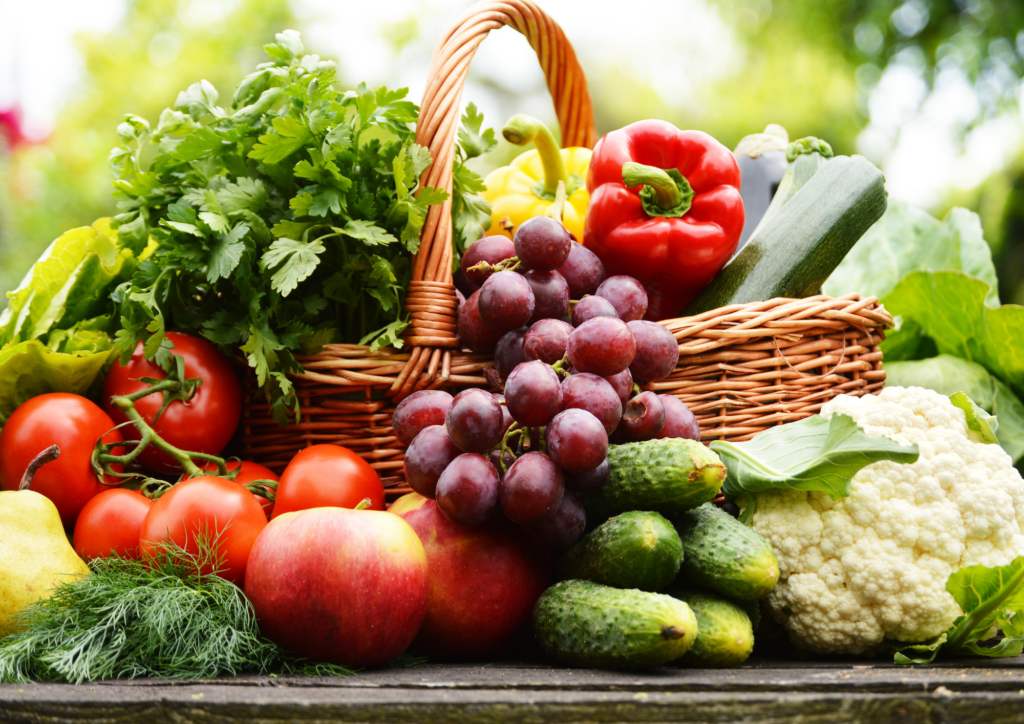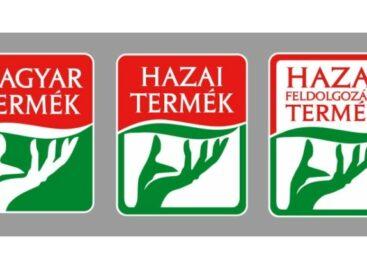Organic or non-organic? – Don’t be afraid to ask!
It is the joint effort of the Union and the Hungarian government to increase the proportion of organic farming within agriculture as high as possible. Accordingly, more and more places are available to buy organic fruits and vegetables and processed foods with this label, and their popularity and consumption are increasing. However, looking at an apple, it is not possible to tell whether it was really organically produced, while its price is usually higher than that of chemically produced ones, which may even give rise to abuse. Information from Biokontroll will help to decide the issue.

Dr. Péter Roszík is an honorary university associate professor and the managing director of Biokontroll Hungária Nonprofit Kft. The organic, or eco-certification, is essentially a certificate that the crop or processed food in question has not been treated with substances harmful to health either on the fields or later, and could not absorb such substances from the soil. Because of all this, organic farming is more labor-intensive and characterized by lower yield averages. This is primarily the reason why certified organic products are usually more expensive, while their contents are also more valuable and healthier.
Seeing this, many customers doubt that the given food was really produced in organic farming, or does the trader just want to make some extra profit by creating this appearance? Fortunately, this type of abuse is not common, and on the other hand, it can be easily filtered out – the expert points out the situation. Every eco-farmer has a certification, which must be renewed regularly. If we have doubts about the origin of vegetables, fruits, eggs or anything else sold under the name of organic, in order to be reassured, we just have to ask for the producer’s certificate of certification, which can otherwise be found on the Internet or even with a smartphone. The ecological origin of the food must be marked on the pre-packaged foods in a manner stipulated by law, which includes the EU organic logo – a green leaf with stars – and the code number of the inspection organization, the first two letters of which refer to the country of the inspection organization, Biokontroll, for example HU-ÖKO-01.
Related news
The area of organic farming could increase to 500 thousand hectares by 2027
The support programs starting next year may give a new…
Read more >Call for proposals to support individual advisory services has been published
A new call for proposals has been published with a…
Read more >Innovation and knowledge transfer also play a major role in increasing sustainability
It is necessary to disseminate modern technologies and sustainable practices…
Read more >Related news
Open Marketing Forum on Hungarian Product Trademark Use – registration is now open!
On February 20, 2025, the Hungarian Product Marketing Forum will…
Read more >Márton Nagy: the turning point is here, the Hungarian economy will shift to a higher growth path in 2025
According to the Central Statistical Office, the economy grew by…
Read more >Egg prices continue to rise: the elimination of cage farming makes the market more expensive
Egg prices in Hungary crossed the psychological threshold of one…
Read more >






